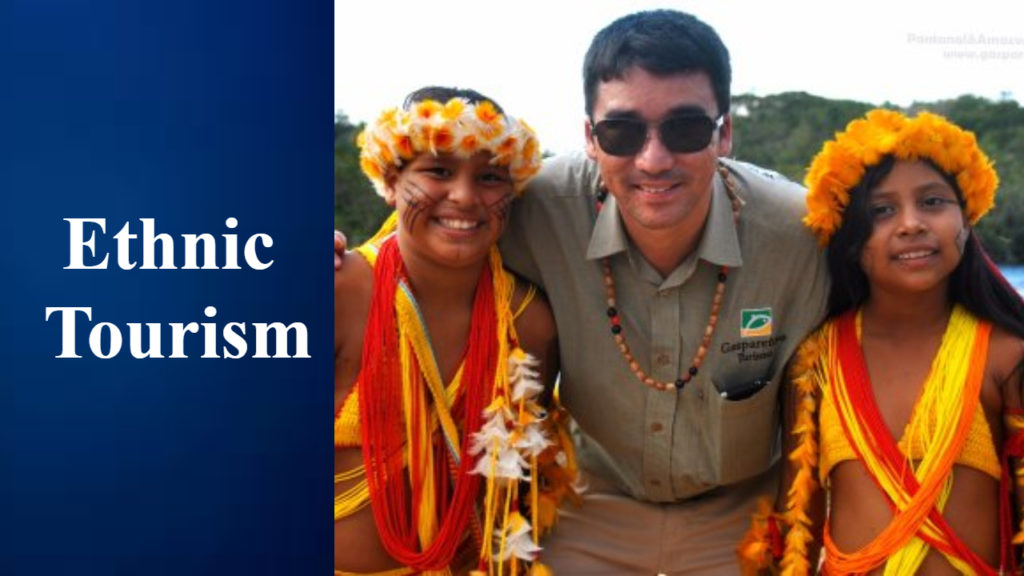
Ethnic tourism is “travel motivated by search for the first hand, authentic and sometimes intimate contact with people whose ethnic and /or cultural background is different from the tourists”. Ethnic tourists are driven by the desire to see something different where curiosity is the ultimate factor. The travelers choose to experience first hand the practices of another culture and may involve performances, presentations, and attractions portraying or presented by indigenous communities. From a broader perspective, it includes cultural, heritage, anthropological, tribal, village, and similar forms of tourism. Ethnic tourism, if properly planned and managed, can be promoted as a sustainable form of tourism and can be utilized as a tool for the preservation and conservation of culture and heritage as well as poverty alleviation. India, rich with its cultural diversity, grand heritage, and inimitable history, is a world-famous cultural tourism destination. The focal point of India’s attractiveness as a destination is its diverse ethnicity. Ethnic tourism is motivated by tourists’ search for exotic cultural experiences through interaction with distinctive minority groups and the desire of those groups to use aspects of their culture to create economic opportunities. It provides the chance for tourists to experience aspects of unique cultures, landscapes, and ways of life. It has been widely adopted and promoted as a strategy for economic development and cultural preservation in many countries throughout the world, particularly as many such minority groups are relatively disadvantaged when compared to the majority population and their culture may be viewed as one of their strongest assets.